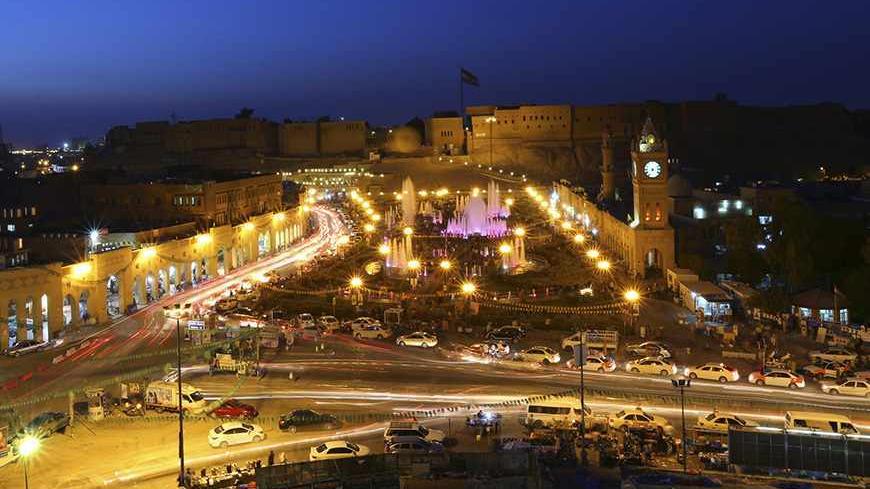On Nov. 11, Kurdistan Regional Government (KRG) President Massoud Barzani warned against dividing Iraqi Kurdistan, asserting that administratively separating Sulaimaniyah province from the rest of the region constitutes a “red line.” Barzani's warning was elicited by the fracture in Sulaimaniyah between the Movement for Change (Gorran), led by Nawshirwan Mustafa, and the Patriotic Union of Kurdistan (PUK), led by ailing Iraqi President Jalal Talabani, who remains abroad for medical treatment.
On the surface, the conflict revolves around the demand by the Movement for Change that the PUK governor of Sulaimaniyah, Bahrouz Mohammed Saleh, be replaced by one of its own members. The movement's primary argument for such a change is that the current governor is unelected — he was appointed in an acting capacity by the KRG government with the PUK's blessing — and that it came in second in the legislative elections held on Sept. 21, behind the Barzani-led Kurdistan Democratic Party (KDP) but ahead of the PUK, which in Talabani's absence has suffered a decline in popularity. The Movement for Change believes that Barzani and Talabani are purposely impeding local elections in the region for fear of losing ground to the movement.


